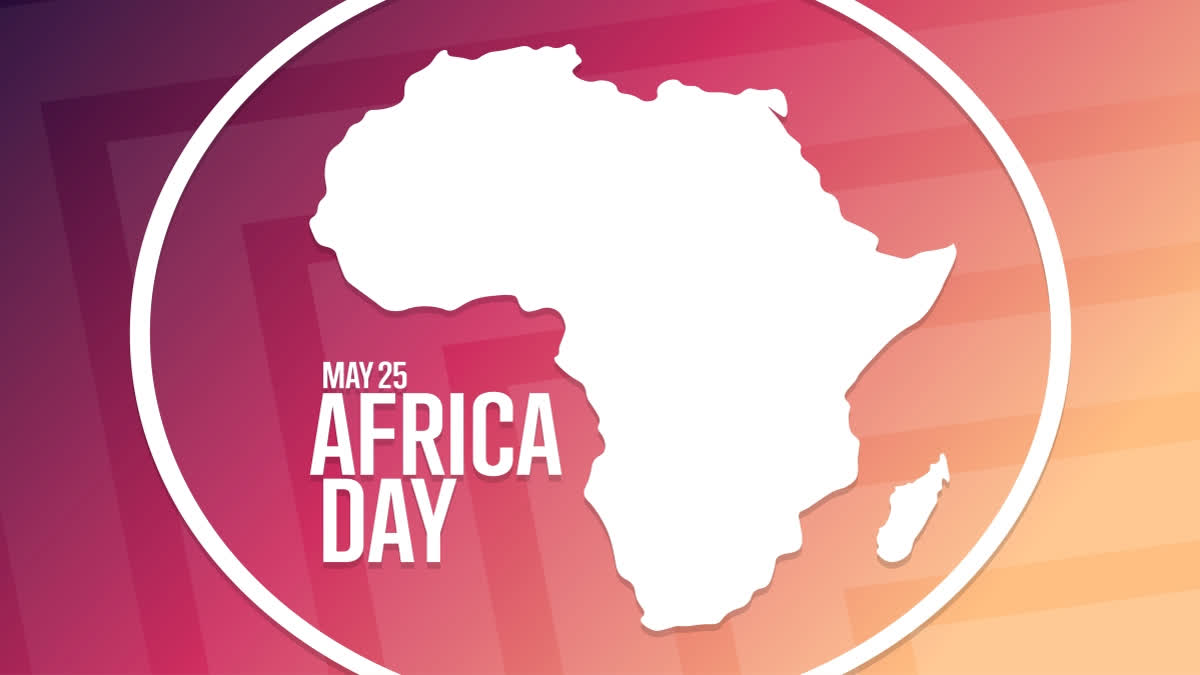New Delhi:Africa Day, also known as African Liberation Day, is an annual commemoration of the founding of the Organization of African Unity (OAU) on May 25, 1963.
It celebrates African unity, diversity, and achievements, as well as the ongoing efforts towards economic, social, and political development across the continent. This year's theme for Africa Day is 'Education Fit for the 21st Century'.
What is the significance of Africa Day?
Africa Day holds immense significance in today's world. It serves as a reminder of the importance of unity among African nations in achieving common goals and addressing shared challenges. Africa Day promotes the ideals of Pan-Africanism, which advocates for solidarity, cooperation, and integration among African countries and people, regardless of borders or differences. It provides an opportunity for African nations to reflect on the progress made in areas such as governance, democracy, human rights, and economic development, while also acknowledging the work that still needs to be done.
Africa Day celebrates the rich cultural diversity of the continent, showcasing its music, art, literature, cuisine, and traditions to the world It serves as a platform to raise awareness about the challenges facing Africa, including poverty, disease, conflict, and environmental issues, and to mobilise support for addressing them.
Africa Day is a time for Africans to come together in solidarity, pride, and determination to build a brighter future for the continent and its people.
Africa-India ties
India's engagement with Africa has intensified in recent years. Africa represents a significant market for Indian goods and services as well as a source of natural resources. India's 'Africa Push' aims to enhance economic cooperation, trade, and investment with African countries for mutual benefit.
India views Africa as an important partner in its quest for strategic alliances and diversification of economic and political partnerships beyond traditional allies. Strengthening ties with African nations can bolster India's influence in global forums and provide strategic leverage.
India's engagement with Africa includes development assistance programs focused on capacity building, infrastructure development, healthcare, education, and agriculture. India provides lines of credit, grants, and technical assistance to support Africa's development priorities.
Africa is a significant source of energy resources, including oil, natural gas, and minerals, which are vital for India's energy security. India's engagement in Africa includes partnerships in the energy sector aimed at securing access to resources and promoting energy cooperation. India has intensified diplomatic outreach to African countries through high-level visits, bilateral agreements, and participation in regional forums. This diplomatic engagement aims to deepen political ties, enhance cooperation on global issues, and address common challenges.
